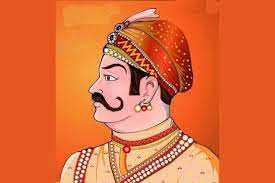





Copyright infringement is not intended
Context:
About:
https://indianexpress.com/article/india/political-pulse/samrat-prithviraj-film-bjp-7949626/











© 2025 iasgyan. All right reserved